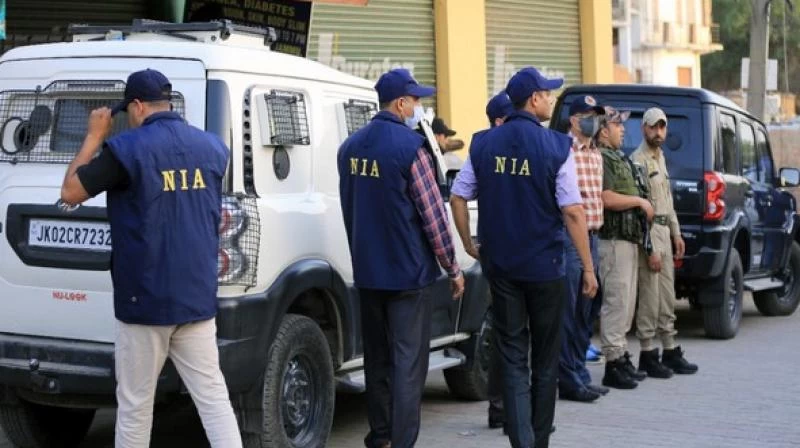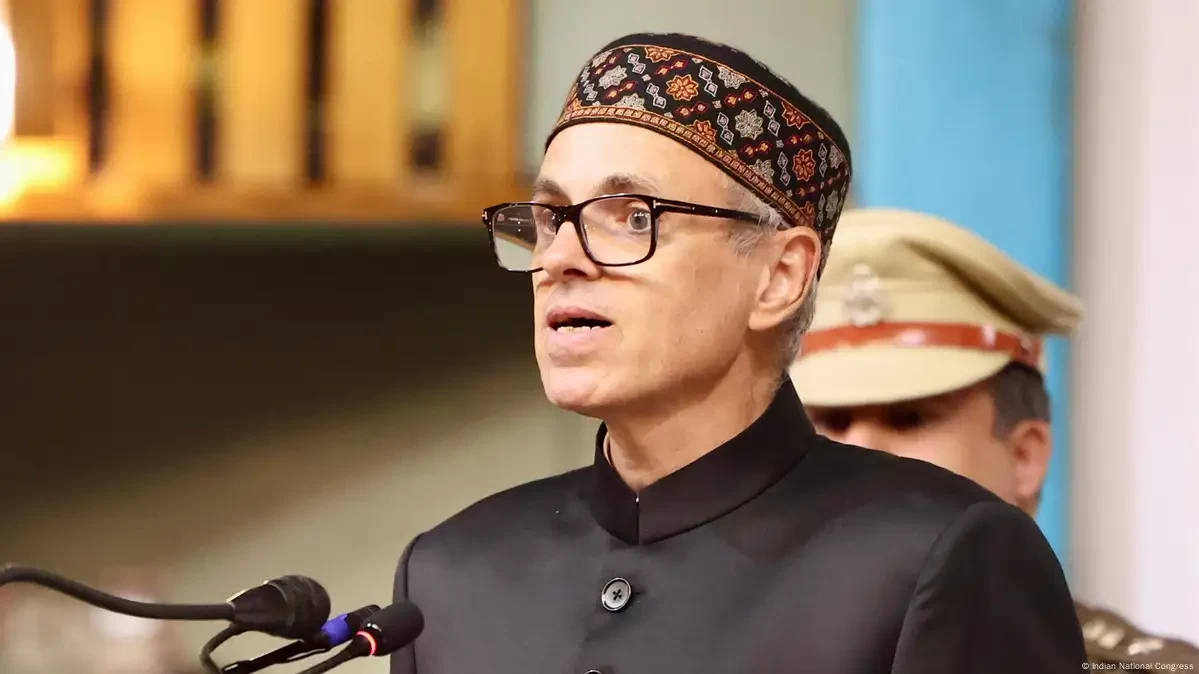Latest Updates
Lok Sabha passes the Criminal Code bills, in the absence of majority of the Opposition; “New criminal law bills will free people from colonial mindset,” says Amit Shah

The Lok Sabha, on Wednesday, virtually without the Opposition, passed the three Criminal Code bills - the Bharatiya Nyaya (Second) Sanhita, 2023, the Bharatiya Nagarik Suraksha (Second) Sanhita, 2023, and the Bharatiya Sakshya (Second) Bill. The three new bills are set to replace the Indian Penal Code of 1860, the Code of Criminal Procedure (CrPC) of 1973, and the Indian Evidence Act, of 1872 of the colonial era. Interestingly, the bills were passed in the absence of the majority of the Opposition MPs who were previously suspended for their alleged “misconduct” for their persistent protests over the Parliament security breach.
During the discussion, Union Home Minister Amit Shah stated that the new bills that are based on “justice, transparency, and fairness” will emphasize “Indianness, the Indian Constitution and the well-being of the people", and will be instrumental in replacing the rules the colonial era, embracing laws that are more appropriate for the current day and age. "For the first time, the criminal justice system will have the human touch. Till we repeal these old laws, we are still following laws made by the UK government. We still use English words like Her Majesty, British Kingdom, the crown, barrister, ruler after 75 years of independence," said Union Home Minister Amit Shah.
“New criminal law bills will free people from colonial mindset. The three laws were made during the time of English. Till the laws are not repealed, the UK laws will continue in the country. I have gone through every comma, full stop of the new criminal laws and they are reflective of the current Indian society,” asserted the Home Minister, vouching for the “Indianness” of the bills.
Owing to the Opposition’s persistent demand for a statement from Union Home Minister Amit Shah over the Parliament security breach, the MPs had resorted to protesting inside the House, holding placards, leading to their suspension. The bills were passed in the absence of the 97 suspended MPs who accounted for 68% of the Opposition in the Lok Sabha.






.webp)
.webp)

